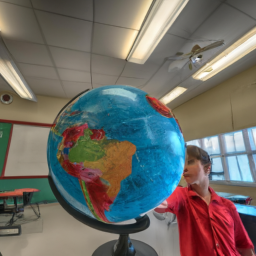554
Newsletter
Subscribe to our newsletter for exclusive content, latest news and trends, and exciting new features.
Tranding
Categories
Business and entrepreneurshipEntertainmentLiterature and writingHealth and wellnessGaming and esportsPets and animalsTravel and tourism
Sports and fitnessHome and gardenArts and cultureMusic and EntertainmentScience and natureFood and cookingBeauty and personal careEnvironment and sustainabilityLifestyleTechnologyEducation and learning





















Comments
Leave a Comment